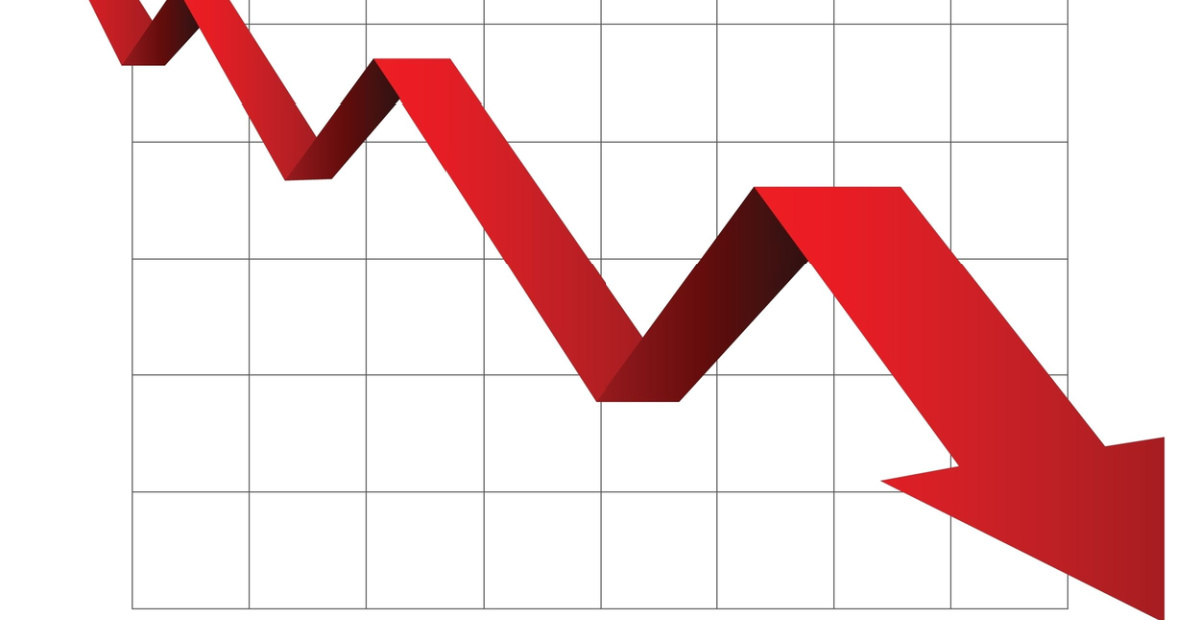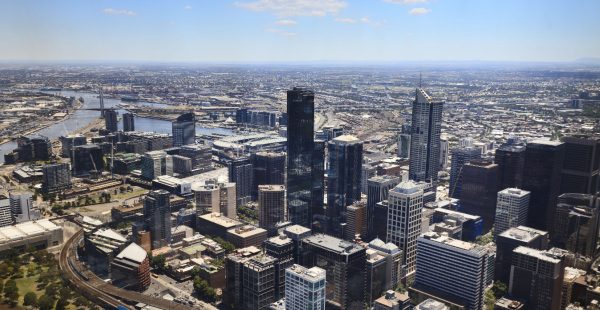Mortgage stress rises as more fall into arrears

Despite slowing down its rate hiking cycle, the Reserve Bank of Australia’s (RBA’s) consistent cash rate rises are set to have an ongoing effect on levels of mortgage arrears, according to Fitch Ratings.
The Mortgage Market Index for the second quarter said mortgages approved between 2019 and 2021, when lenders tested serviceability with a 2.5 per cent buffer, could be at risk, as the cash rate now sits well above the buffer.
The rate of mortgage arrears in Australia could also be hampered by the substantially high ratio of household debt to disposable income and the dominance of floating-rate loans.
“Australia’s 30+ day mortgage arrears rose by 9 basis points (bp) quarter-on-quarter (QoQ) to 1.07% in 2Q23, continuing the increase from the lowest levels since 2002,” the report said.
“Historically, arrears decrease in the second quarter as borrowers catch up on payments after Christmas spending, but Fitch believes the current increase may indicate that borrowers are facing stress due to inflation and rising interest rates.
“Delinquencies may be stabilising as early-stage arrears are unchanged QoQ, even though 30+ day arrears are up.”
House prices across Australia’s capital cities saw their first QoQ increase since the first quarter of 2022 and largest QoQ increase since the third quarter of 2021, rising by 3.3 per cent. This suggests “dwelling prices may have bottomed”.
“Fitch expects prices to rise by 5%-8% in 2023 as limited supply, a tight rental market and high net migration put a floor under home prices. Losses from the sale of collateral property should also stay low, supported by strong home-price growth over previous years.”












Now, while I do empathize with their dislike of the proposed tax, they should not be exempt just because they…
The Judiciary should attack the fundamental injustice of taxing unrealised gains, particularly as it seems this could result in multiple…
in thew News back in 2012..... parliamentary joint committee into the fraud that led to Trio's collapse was highly critical…
It would be great of Government and lobbyists read this and come up with policies to boost super for the…
The proposed tax shouldn't go ahead full stop, especially where you feel it necessary to relax the rules applying to…